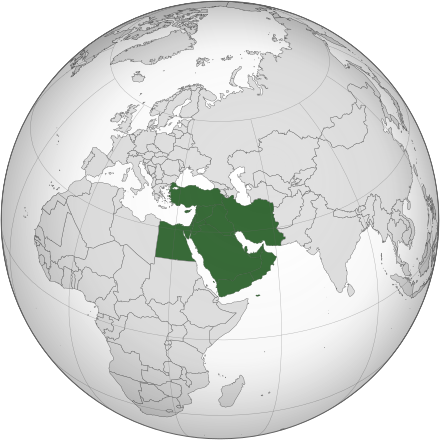The topic of immigration and refugees seeking asylum is not foreign to the United States, especially since the Trump administration fueled a passion in many Americans to be anti-immigration. The incredible strength and resilience within Middle Eastern countries to not only tackle the spread of COVID-19, but to also deal with—according to brookings.edu—“conflicts in Libya, Syria, and Yemen, environmental degradation, climate change, placing pressure upon governments.” These conflicts have led to an overwhelming refugee crisis in countries such as Jordan and Turkey, with specifically Syrian refugees. Due to several conflicts within Syrian borders, Jordan has received an incredible amount of Syrian refugees to the point where, according to amnesty.org, Jordan’s Prime Minister, Omar Razzaz, in 2018 “announced that Jordan will not allow any more people fleeing from Syria to enter.” Many citizens in Jordan disagreed with this course of action and demanded that Jordan reopen their borders to the thousands of Syrians seeking asylum from their government who were “trapped in the desert without enough food, water, medical care, or sanitary devices.” Through protests and a large public outcry, with the hashtag “open the borders” trending, this movement was successful.
According to reliefweb.int, the United Nations described the Syria crisis as the “biggest humanitarian horror of the twenty-first century.” Today, Jordan is hosting about 1.36 million Syrian refugees. This makes up nearly 15% of Jordan’s total population and “makes Jordan the country with the second highest number of refugees per capita in the world.” Compared to the US, according to pewresearch.org, “The United States plans to admit a maximum of 18,000 refugees in 2020 under a new refugee admissions ceiling set by the Trump administration.” This shocking and highly comparable statistic is an opportunity to flip the narrative about the stereotypes of Middle Eastern countries being too up in arms with each other to be in a “helping hand” position. The similar cultural experiences these countries have bring a sense of community together when people need each other—a quality I love about my community. Although quite diverse, situations like these show that Middle Eastern people will show up for each other.











